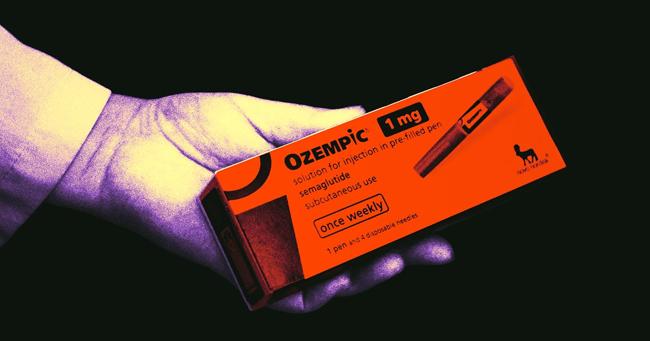Summary
This would pave the way for a dedicated traditional medicine module that will enable recognition of therapies including Yoga, Unani and Panchakarma in globally accepted formats
Source: The Week

AI News Q&A (Free Content)
Q1: What is the significance of the recent collaboration between AYUSH and the World Health Organization (WHO) for global healthcare?
A1: The collaboration between AYUSH and WHO aims to integrate traditional Indian medicine systems—Ayurveda, Yoga, Unani, Siddha, and Homoeopathy—into the global healthcare mainstream. This partnership is expected to standardize treatment protocols and create recognition for therapies like Yoga and Panchakarma in internationally accepted formats. It aligns with the World Health Organization’s Sustainable Development Goal 3 (good health and well-being) by promoting holistic care, disease prevention, and a pluralistic approach to healthcare delivery.
Q2: How does the integration of AYUSH with preventive medicine address current healthcare challenges in India?
A2: Integrating AYUSH with preventive medicine helps tackle India’s quadruple burden: non-communicable diseases, communicable diseases, poor maternal and child health outcomes, and an aging population. The approach emphasizes lifestyle management, mental well-being, and disease prevention, complementing conventional medicine. Action steps include developing integrative care models, standardizing protocols, training healthcare professionals, and advancing research, though challenges like limited awareness and lack of standardized protocols remain.
Q3: What are the economic implications of mainstreaming traditional medicine such as AYUSH for healthcare systems?
A3: Mainstreaming traditional medicine can offer cost-effective healthcare solutions, particularly in low- and middle-income countries. By focusing on prevention and holistic care, AYUSH integration can potentially reduce the long-term costs associated with chronic diseases and hospitalizations. However, successful integration requires investment in training, research, and infrastructure to ensure efficacy and safety, making initial costs a consideration for policymakers.
Q4: What recent evidence supports the effectiveness of AYUSH-based interventions during public health crises, such as the COVID-19 pandemic?
A4: A 2022 community-based cross-sectional study in India examined AYUSH-64, a polyherbal formulation, among COVID-19 patients in home isolation. The study found that AYUSH-64 use was associated with positive outcomes such as symptom relief and reduced need for hospitalization, suggesting a role for traditional medicine in public health emergencies. However, further large-scale and controlled studies are needed to confirm these findings.
Q5: How does the global healthcare community view the integration of personalized and traditional medicine in the context of healthcare equity and costs?
A5: The adoption of personalized medicine, which tailors treatments to individuals using genetic and environmental data, faces challenges related to cost and accessibility, especially in low- and middle-income countries. Integrating traditional medicine systems like AYUSH may offer more equitable healthcare options due to their lower infrastructure demands and cultural acceptance, but both approaches require careful policy frameworks to avoid exacerbating health disparities.
Q6: What are the main barriers to the successful integration of AYUSH with modern healthcare systems according to recent research?
A6: Key barriers include limited awareness among conventional healthcare providers, minimal interaction between AYUSH and modern practitioners, lack of standardized treatment protocols, and insufficient collaborative research. Overcoming these obstacles requires policy support, educational initiatives, and research collaborations to validate and harmonize traditional practices with evidence-based medicine.
Q7: What role can professional organizations play in advancing the integration of AYUSH into preventive and mainstream medicine?
A7: Professional organizations, such as the Indian Association of Preventive and Social Medicine (IAPSM), can drive integration by advocating for supportive policies, developing integrative care frameworks, fostering research and education partnerships, and promoting public awareness about the benefits and limitations of AYUSH. Their involvement is pivotal in bridging gaps between traditional and modern healthcare for a more comprehensive system.
References:
- Strengthening AYUSH Integration with Preventive Medicine, Indian Journal of Community Medicine, 2024
- Disease Characteristics, Care-Seeking Behavior, and Outcomes Associated With the Use of AYUSH-64 in COVID-19 Patients in Home Isolation in India: A Community-Based Cross-Sectional Analysis, 2022
- Can Personalized Medicine Coexist with Health Equity? Examining the Cost Barrier and Ethical Implications, 2024





